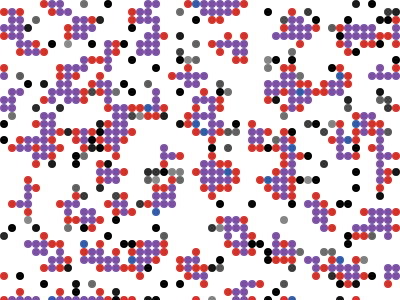Every day, millions of people write online restaurant reviews, leave product ratings, provide answers to unknown users’ questions, or contribute lines of code to open-source software, all without any direct reward or recognition. People help strangers offline as well, as when they anonymously donate blood or stop to help a stranded motorist, but these behaviors are relatively rare compared to the pervasiveness of online communities based on user-generated content. Why are mutual-help communities far more common online than in traditional offline settings that are not mediated by the Internet?
To investigate this question, Michael W. Macy and built an agent-based model based on the empirical finding from our study on the social contagion of generosity. We set out to show how the two contagion mechanisms, generalized reciprocity and third-party influence, interact with the rivalness of contributions, that is, the extent to which the benefit from a contribution is limited to just one beneficiary (as when helping a stranded motorist) or benefits many people at once (as when contributing a product review online). The results suggest that the non-rivalness of most user-generated content on the Web provides a plausible explanation for the rapid diffusion of helping behavior in online communities.
